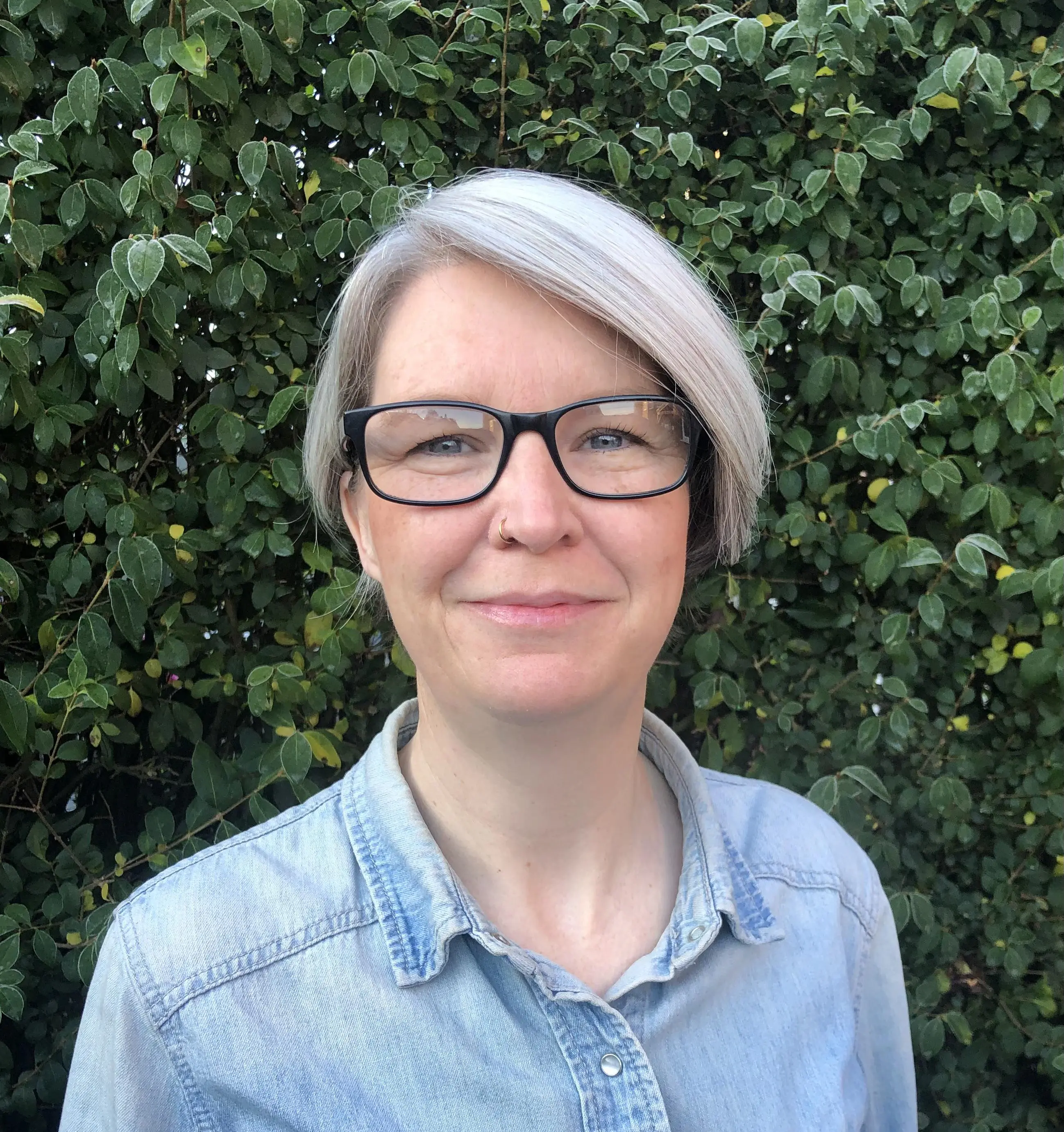After more than two decades in education, former headteacher Catherine made the life-changing decision to pursue a career in psychotherapy, saying her time at University greatly helped with her career transition.
Now working as a trauma-informed psychotherapist, Catherine Ashbrook credits the PGDip Integrative Psychotherapy programme with enabling her to create a new and more fulfilling professional and personal life.
After being diagnosed with an autoimmune condition, Catherine realised that the stress and imbalance of her former role had taken a toll on her health and wellbeing. “I believe the stress of my job and a poor work-life balance contributed to my illness. It was a wake-up call for changing careers as well as lifestyle.” she said.
An alternate career in Psychotherapy appealed to Catherine, with her background working with children being central throughout her learning.
Upon graduation, Catherine quickly established a varied and impactful career. She is now an associate therapist for two different practices, works part-time for a charity, and offers private therapy through her own practice. One of her roles focuses on offering therapy to those affected by developmental trauma. She works in schools with children and young people who are in foster care or adopted, providing long-term, creative therapy.
In her other practice role, she offers therapy within an educational setting, supporting children, young people, and adults. She also facilitates reflective practice for individuals and groups. Additionally, in her part-time position with a charity, Catherine works as a trauma-informed therapist, supporting men who have experienced sexual violence. She is also part of a team providing therapy to men in prison.
"I use the knowledge and skills that I gained on the course on a daily basis in the work that I do."
— Catherine Ashbrook, PGDip Integrative Psychotherapy programme graduate
Reflecting on her time at the University, Catherine highlights the profound impact of the course on her work and personal growth. "The course focused on being a relational therapist, which is the foundation of all the work that I do. The course also inspired in me a love for learning which has continued and benefits me in being able to research and read, staying up to date with current practice." she said.
During her studies, she completed placements at a carer’s service, working with adults, and at a school as a student counsellor for Place to Be. “In each placement, I had my own caseload of clients and I managed each individual’s case from start to end of therapy. I had fortnightly clinical supervision to support me in managing the work. The placements allowed me to put my learning into practice, developing the different skills needed to be a therapist. The learning in these placements laid the foundations for the work that I now do as a therapist. Much of the work that I now do is centred around working with individuals who have experienced and been impacted by childhood adversity. My final extended assignment allowed me to research Adverse Childhood Experiences and how these can impact individuals holistically." Catherine said.
Since graduating, she has established a varied and impactful career. “I gained a position with a charity as a trauma-informed therapist (two days a week) after graduation, working with men who have been harmed by sexual violence. I began working with a team of therapists who were offering therapy to men in prison. I have worked there for 18 months.”
For those considering the studying Psychotherapy at the University, she advises; “Don’t expect to be spoon-fed or told what and how to do things – this course supports individual growth, curiosity and learning in a collaborative way, encouraging the development of independent and confident practitioners.”
"This course changed my life for the better, and I will be forever grateful for what I have gained from studying the course - not just in terms of being able to have a career doing something which I enjoy, but for enabling me to become a more content, regulated and integrated person as part of a lifelong journey."
— Catherine Ashbrook, PGDip Integrative Psychotherapy programme graduate
